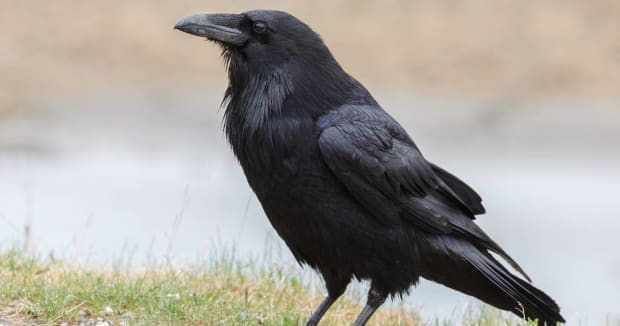In the late 1940s, a professor at the University of Maryland School of Medicine coined an unusual phrase to describe unexpected diagnoses. When you hear hoofbeats behind you, don’t expect to see a zebra,
he said. The phrase stuck and today, medics commonly use the term zebra
to describe a rare disease, usually defined as one that occurs in less than 1 in 2000 of the population.
Rare diseases are inherently hard to diagnose. According to the European Organisation for Rare Disease, 25 per cent of diagnoses are delayed by between 5 and 30 years.
So it’s no surprise that medics are looking for more effective ways to do the job. An increasingly common aid in this process is the search engine, typically Google. This forms part of an iterative process in which a medic enter symptoms into a search engine, examines lists of potential diseases and then looks for further evidence of symptoms in the patient.
The problem, of course, is that common-or-garden search engines are not optimised for this process. Google, for example, considers pages important if they are linked to by other important pages, the basis of its famous PageRank algorithm. However, rare diseases by definition are unlikely to have a high profile on the web. What’s more, searches are likely to be plagued with returns from all sorts of irrelevant sources.
Today, Radu Dragusin at the Technical University of Denmark and a few pals unveil an alternative. These guys have set up a bespoke search engine dedicated to the diagnosis of rare diseases called FindZebra, a name based on the common medical slang for a rare disease. After comparing the results from this engine against the same searches on Google, they show that it is significantly better at returning relevant results — via redwolf.newsvine.com






 RSS – Posts
RSS – Posts